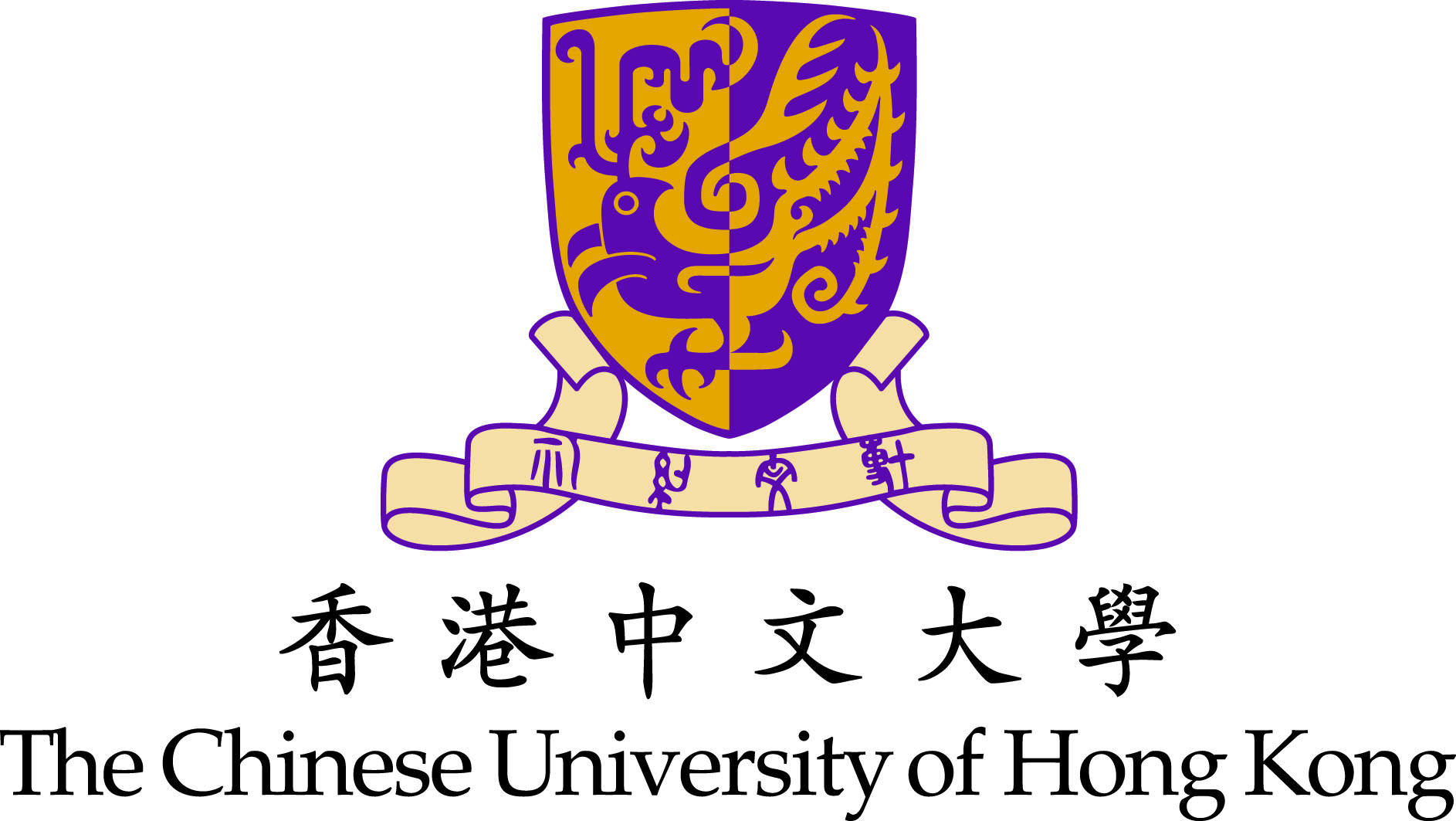From wealth inequality to health equality
We deplored to have learnt from Professor Paul Yip’s commentary that household income of the lowest decile has hardly increased since the handover. We also acknowledged that the entrenched issue of poverty must become a policy priority of the newly formed government in order to fulfil the UN’s 2030 Sustainable Development Goals and President Xi’s to-do list for the Chief Executive.
We deplored to have learnt from Professor Paul Yip’s commentary that household income of the lowest decile has hardly increased since the handover. We also acknowledged that the entrenched issue of poverty must become a policy priority of the newly formed government in order to fulfil the UN’s 2030 Sustainable Development Goals and President Xi’s to-do list for the Chief Executive.
Nonetheless, a deeper issue is that poverty and deprivation are closely related to people’s health. Despite Hong Kong is proud to have the world’s longest life expectancy, not all of its people are necessarily leading healthy lives. A previous local study showed that those who earned less than $15,000 were around 50% more likely to suffer from more than one chronic disease than those earning $40,000 or more. Another study showed those living in more deprived neighbourhoods are at higher risk of death, especially for males. It is pathetic that a city with extensive wealth inequality takes no proportionate heed of the increasing health divide. Extensive evidence demonstrated that such neglect would accrue immense medical and social costs in the long run.
Factors such as work environment, neighbourhood and physical environment and education all play substantial roles in people’s health. The World Health Organisation considered that these factors, collectively known as the social determinants of health, account for 30 to 55% of our health. Yip’s suggestions of minimum wage review, provision of a family-friendly work environment and employee protection are therefore to be applauded because these are conducive to workers’ well-being, particularly those on the lower rung of the social ladder. It is also a welcome trend to see some local organisations pilot four-day working week, giving employees more flexibility to strike a work-life balance.
The health dimension cuts across myriads of ways in our institutions, and goes beyond the amount of money in bank accounts.
To name a few, ingenious town planning with high walkability and green coverage encourages people to exercise, helps cool the city and reduces heat-related illnesses amidst global warming. Ample and affordable choices of healthy food should be easily within reach for most people. Provision of adequate housing is essential for people’s mental health.
Well-being of people is increasingly recognised as an indicator of liveable societies. Eradication of poverty is undoubtedly an important part of the equation, but a large part also rests on across-the-board efforts by government and the civil society to put health and well-being for all as priority.
Dr Eric T.C. Lai, research assistant professor, Richard Lee, manager, Institute of Health Equity, Chinese University of Hong Kong
This article with revised version was published on South China Morning Post.






